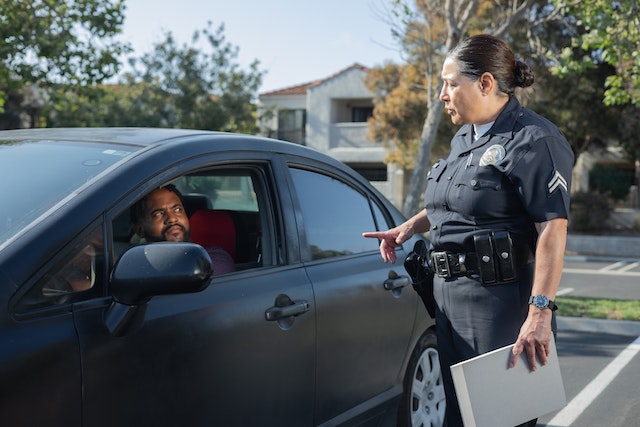The decision to end a marriage is never easy and can involve some very tough complicated decisions. For some individuals, there may be contentious disputes about property rights, child custody, or any number of other possible issues. Even when spouses are more willing to work together to try and file the necessary paperwork to finalize a divorce in Texas, people should make sure that they fully understand the scope of the decisions they are making. Failure to fully appreciate certain aspects of a divorce decree can lead to unexpected consequences that may require additional costly litigation such as filing motions to modify court orders—which are by no means guaranteed to be successful. Are you planning on filing for divorce in Southeast Texas? You should strongly consider seeking legal representation. Contact the Houston divorce attorneys at The Gonzalez Law Group today.
Texas Divorce Laws
In Texas, a court can grant a divorce without regard to a fault when a marriage becomes “insupportable because of discord or conflict of personalities that destroys the legitimate ends of the marital relationship and prevents any reasonable expectation of reconciliation.” Divorce in Texas can either be no-fault (simple irreconcilable differences) or fault-based (based on such actions as domestic violence or adultery).
Grounds for divorce recognized under the Texas Family Code include:
- Adultery- When one party has relations outside of the marriage, adultery can be a devastating revelation, making mending one’s relationship almost impossible.
- Insupportability – Due to discord or conflict of personalities that destroys the legitimate ends of the marital relationship and prevents any reasonable expectation of reconciliation.
- Cruelty – Cruel treatment that makes continued living together insupportable.
- Conviction of Felony – Texas can grant a divorce to one spouse if the other spouse was convicted of a felony; was imprisoned for at least a year; and has not been pardoned. Note that the court will not grant a divorce for a felony if the spouse that was convicted due to the testimony of the other spouse.
- Abandonment – This means that one spouse intended to abandon the other and was away for at least a year.
- Living Apart – The court will grant a divorce for either party if they have lived apart for at least 3 years.
- Confinement In Mental Hospital – If at the time the suit for divorce was filed, the other spouse was institutionalized in a mental hospital for at least 3 years and the mental disorder is of such a degree that adjustment is unlikely or relapse is probable.
Under Texas Family Code § 6.301, the general residency rule for a divorce suit is that either the petitioner or the respondent must have been:
- a domiciliary of this state for the preceding six-month period; and
- a resident of the county in which the suit is filed for the preceding 90-day period.
Chapter 7 of the Texas Family Code governs division of marital property while Chapter 8 concerns spousal maintenance.
Types of Divorce in Texas
The Gonzalez Law Group handles many kinds of divorce cases in Texas. Every case has its own unique factors, but some of the most frequent types of cases include:
- Military Divorce
- Same-Sex/LGBTQ Divorce
- Name Changes
- Annulment
- Legal Separation
- Division of Property
- Pre-Marital Agreements
- Spousal Maintenance/Alimony
- Child Custody/Conservatorship
- Adoption
- Paternity
- Child Support
- Enforcement of a Court Order
- Alternative Dispute Resolution
- Do’s and Don’ts Pending Your Suit
- Resources
Harris County Divorce Resources
Harris County Family Courts — This link will give you access to information on the various family courts in Harris County by judge. There are also links to the Texas Family Code and the State and American Bar Association Family Law sections.
Harris County Civil Court
201 Caroline St.
Houston, TX 77002
(713) 755-7300
Divorce | TexasLawHelp.org — TexasLawHelp.org is a website dedicated to providing free, reliable legal information to low-income Texans that is a joint effort of legal aid, courts, and non-profit organizations throughout Texas. On this section of the TexasLawHelp website, you can find various toolkits and articles about divorce. Toolkits include forms, instructions, frequently asked questions, and related articles, while some articles include forms.
Contact Our Divorce Attorneys in Houston, TX
If you will be filing for divorce in Harris County, it is in your best interest to retain legal counsel. The Gonzalez Law Group helps individuals in the greater Harris County area including Pearland, Baytown, Seabrook, La Porte, Pasadena, Galena Park, Friendswood, and many others. Our divorce attorneys in Houston will make sure that you achieve the most satisfactory possible outcomes in your final divorce decree. You can have our divorce attorneys provide a complete evaluation of your case when you call (832) 530-4070 or submit an online contact form to receive a free, confidential consultation.




